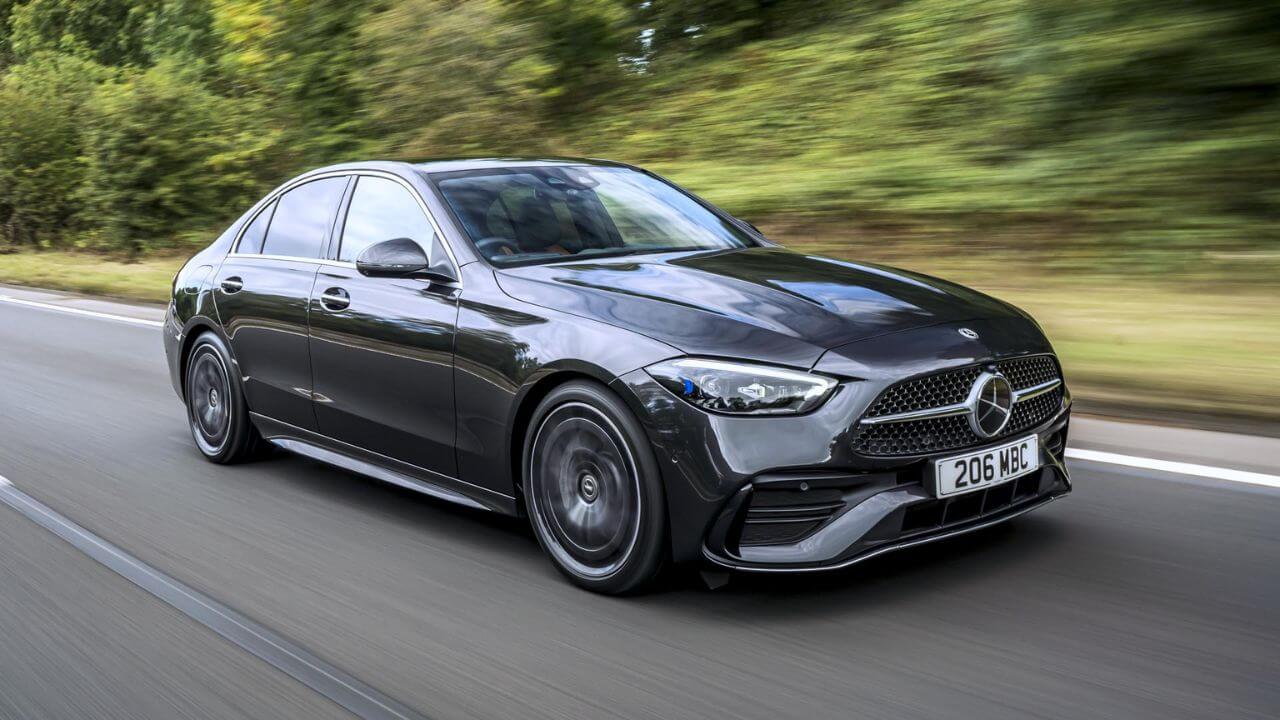Discover a detailed analysis of Mercedes-Benz reliability, expert insights, model-specific performance, and ownership tips to help you decide if a Mercedes is the right luxury car for you.
Are Mercedes Reliable? As far as luxury cars are concerned, Mercedes-Benz is the first name that comes to mind. However, the most vexing question many potential purchasers and car enthusiasts will pose is, are Mercedes reliable? This is more of a yes or no question because Mercedes cars are reliable depending on many aspects such as model, year, mechanical history, and the road conditions. In this in-depth blog, we shall delve into the dependability of Mercedes-Benz cars, examine the research-based data, the views of the experts, the cost of owning a Mercedes-Benz model, and the reliability score of each model so that we provide a well-informed opinion to potential purchasers.
Reliability between Mercedes-Benz Cars.
 The term reliability is broadly understood as the level of consistency in a vehicle where it will not undergo breakdowns or require significant repairs. In the case of luxury brands such as Mercedes, this is an extremely important characteristic, since luxury marques are usually associated with more complicated engineering, technology, and even more expensive repair charges. Based on the large amount of research and customer response, the quality of Mercedes cars can be different depending on the model and the year of manufacture.
The term reliability is broadly understood as the level of consistency in a vehicle where it will not undergo breakdowns or require significant repairs. In the case of luxury brands such as Mercedes, this is an extremely important characteristic, since luxury marques are usually associated with more complicated engineering, technology, and even more expensive repair charges. Based on the large amount of research and customer response, the quality of Mercedes cars can be different depending on the model and the year of manufacture.
Studies have revealed that older models of Mercedes are most likely to be reliable and durable than other newer models. One of those who recently owned a Mercedes over a long period reported that the height of build quality was achieved with the W124 (1986-1995), and the pre-facelift W140 (1992-1999 US), models, stating that improvements in computer simulations were responsible for the introduction of a few modern concessions such as the substitution of durable steel components with plastic ones, which affected durability. This observation highlights that engineering philosophy of the brand has developed and it influences reliability performances.
Reliability rating and spare parts.

Consumer Report has categorized popular models of Mercedes as highly reliable. C-Class, E-Class are some excerpts that have so far received the title of Recommended. These models achieved a predicted reliability score of more than 3 on a 5-point scale over a span of more than 10 years, which is fairly decent considering the lifespan of luxury sedans. The C-Class was positioned 5th in luxury-compact cars, and E-Class 6th in luxury midsize sedans, both quite above average.
Model-Specific Reliability: What Mercedes is More Reliable?

Crossover models and SUVs also have different scores in terms of reliability. Though the Mercedes SUVs in general are averagely rated in the luxury SUV category, a few subcompact and midsize SUVs are rated higher compared to the other Mercedes SUVs. Hence, buyers who are concerned with reliability should select a certain model very thoughtfully, using current data on the reliability of the model.
Professional report on Mercedes Reliability.
According to automotive expert/engineer Dr. Markus Klein, Mercedes-Benz has established its brand on engineering and excellence but the recent years as the trend has shifted toward incorporating more advanced electronics and lighter materials have added new complexities to maintaining the car. Reliability is no longer only dependent on the build quality of the vehicle but also the quality of maintenance and usage. This professional outlook supports the fact that ownership experience is a major contributor to Mercedes reliability.
Influencing Factors of Mercedes Reliability.
The reliability of a car manufactured by Mercedes depends on several critical factors:
Maintenance and Service: Vehicles and engines are serviced periodically in approved Mercedes service centers, and such servicing significantly influences the lifespan and reliability of vehicles. The owner is given the help he or she needs to maintain their vehicles in the best condition possible; this is done through the world-class service infrastructure that the brand has to offer.
Model Year and Build Quality: As indicated in the discussion above, cars manufactured by Mercedes prior to 2005 are more mechanically durable. This can have impact on the durability, newer models might have more electronics and plastic parts.
Driving habits and conditions: Usage habits and weather, like in a brutal Canadian winter or in hot sands, also affect the long term performance of a Mercedes.
Repair Costs: Mercedes-Benz vehicles will always have higher than average repair and parts costs, which might make some consumers have less motivation to maintain their vehicle regularly, which might impact the reliability.
Developing Consumer Viewpoints and Brand image.
Mercedes-Benz is a reputable company in terms of quality and innovation. Branding is a luxury status and the consumer loyalty is good due to its consistency as a brand. Nevertheless, according to reviews by owners and car forums, the experience with reliability varies and depends on a model and the maintenance of the vehicle. Such divergence indicates that a potential Mercedes customer must take time to learn about specific models and perform pre-purchase inspections and scan through the service history of vehicles.
Summary: Do Mercedes Work?
Finally, the question of whether Mercedes are reliable cannot be answered with a simple yes or no, because Mercedes-Benz cars are relatively reliable, particularly when in good condition, and some models perform much better than others. The long tradition of high standards of the quality of the build that can be evident in older models will demand more care in the newer models because of the new technologies and materials. Mercedes-Benz offers competitive prices that make it a good and luxurious option with an average repair cost that is not much higher than that of a regular car, and still competitive in luxury markets.
The buyer secret is to select the correct model, e.g. the E-Class or C-Class, maintain it, and be aware of the ownership expenses. According to Dr. Klein, one of the automotive legends, reliability is no longer only about the quality of the builds, but rather about the quality of the car care and usage, which is the meaning of being an accountable owner of a Mercedes-Benz car.
In the end, Mercedes-Benz remains a solid luxury car brand, appreciated by people all over the world because of its engineering subtleties and driving experience, yet all cars require careful decision-making and proper maintenance to stay in the working state.

